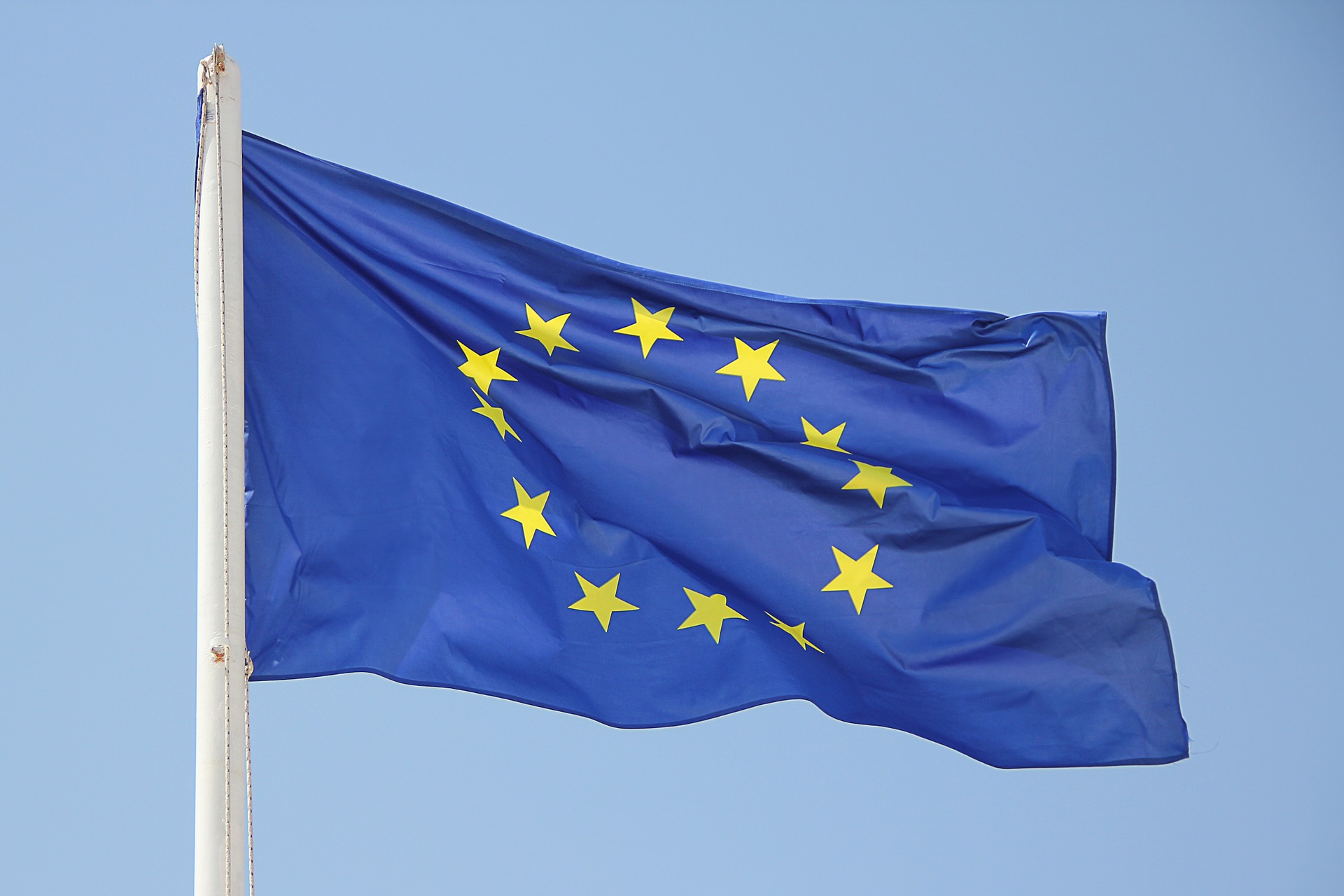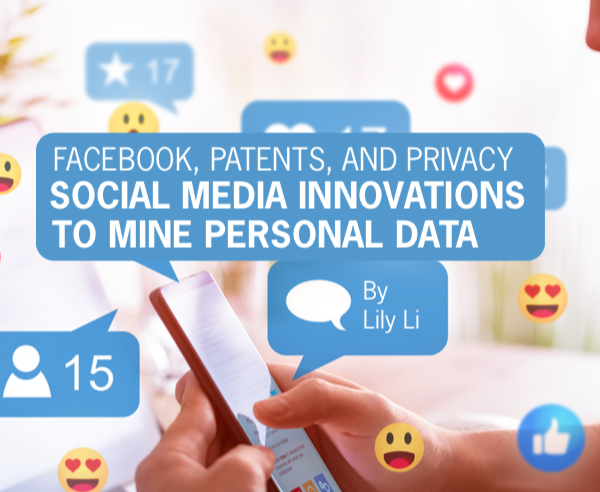EU-US Data Transfers After Schrems II: European Commission Publishes New Draft Standard Contractual Clauses
Image Credit: GregMontani from Pixabay.
**Update: On June 4, 2021, the European Commission formally adopted the new standard contractual clauses (“SCCs”) for international personal data transfers. Businesses will have a grace period of 18 months from the effective date of the European Commission’s decision to update all existing SCCs for transfers outside the European Union with the new SCCs.
In the meantime, businesses will be allowed to keep using the old SCCs for “new” data transfers over a transition period of three months from the effective date of the European Commission’s decision — giving organizations the chance to make any changes necessary for compliance with the new SCCs before incorporating them into their contracts. Such contracts, however, will also need to be updated within the 18-month-grace period.
On November 12, 2020, roughly four months after the European Court of Justice’s “Schrems II” decision which invalidated the EU-US Privacy Shield, the EU Commission released a draft set of new Standard Contractual Clauses (“SCCs” or “model clauses”).
These updated SCCs allow transfers of personal data from the EU to third countries, as well as a transfers by controllers when engaging processors located inside the EU. (For a further analysis of the Schrems II judgment, and the motivation for these new clauses, see our prior blog post).
Who can use the new SCCs?
The Commission’s draft, which includes the new SCCSs in its Annex, covers two new types of international transfers and contains important updates in order to bring the text of the model clauses in line with the General Data Protection Regulation (“GDPR”).
The current SCCs, approved by the Commission in 2001 and 2010, only addressed two data flow scenarios:
- An EU-based controller exporting data outside of the EU to other controllers (controller-controller SCCs)
- An EU-based controller exporting data outside of the EU to processors (processor- processor SCCs).
In this new draft, the Commission addressed a gap which frequently occurred in practice: EU processors exporting data to controllers and processors outside of the EU. This addition further reflects the expanded territorial scope of the GDPR.
Continue Reading EU-US Data Transfers After Schrems II: European Commission Publishes New Draft Standard Contractual Clauses


